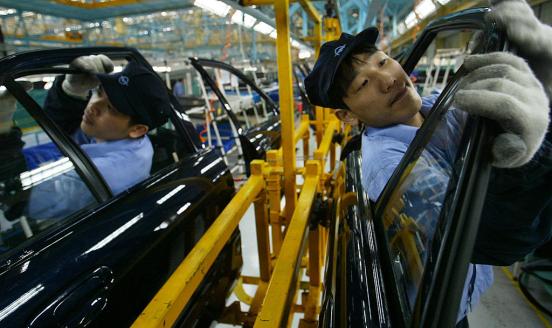Nationalism, geoeconomics, protectionism and energy shocks – how should the EU respond?
At this event in Rome, the panellists discussed if the EU could use the various crises it is facing to fortify the Union and its industrial policy?
Speakers
Riccardo Barbieri
Director-General, Treasury, Italy
Isabel Vansteenkiste
Director General, International & European relations, European Central Bank
(Online)
Key takeaways
- The pandemic, the Russian-Ukrainian conflict, and climate change force the EU to balance calls for strategic autonomy and uphold its commitment to multilateralism.
- The EU must keep upholding the multilateral system while adopting a more strategic approach to economic policy, e.g., by focusing support on industries of strategic importance.
- The EU should refrain from replicating the approaches of the US or China and rather fortify its Single Market through the capital markets and banking union to preserve its competitiveness.
Summary
The pandemic and the Russian-Ukrainian conflict have exposed the vulnerability of global markets, compounded by the effects of climate change. This has led to a trend towards strategic autonomy, exemplified by the US Inflation Reduction Act and the EU Net Zero Industry Act. Jeromin Zettelmeyer outlines three possible responses for the EU: push the envelope within the status quo, undertake industrial policy and subsidize strategic sectors, or shift towards protectionism like China.
The EU faces unique challenges due to its reliance on global markets for growth and competitiveness, and the lack of strategic capacity in economic policy compared to its allies and competitors is a weakness that must be addressed. Riccardo Barbieri advocates for focused support for industries like the semiconductor industry, while Carlo Altomonte highlights the need for financial resources and efficient allocation of existing sources.
"We must continue to follow the values of multilateralism and free trade, [but] we will have to support certain industries."
Riccardo Barbieri
Barbieri raises the key question of how much the EU can expand investments in green and digital transitions while meeting other priorities like defense within the constraints of the EU fiscal framework. The EU must align with other countries that are more relaxed concerning public debt levels, while avoiding new artificial constraints.
In conclusion, the EU faces significant challenges in protecting the global market system from threats posed by new entrants like China and incumbents like the US. To overcome these challenges, the EU must provide focused support for strategic industries, efficiently allocate financial resources, and avoid new artificial constraints.
Notes by Cecilia Trasi
This event was organised jointly with the Italian Ministry of Finance







